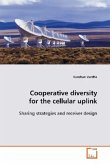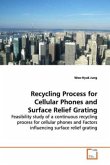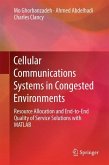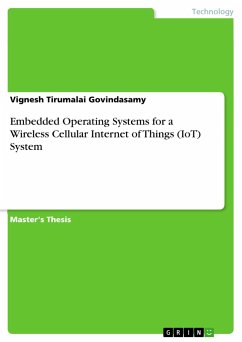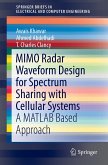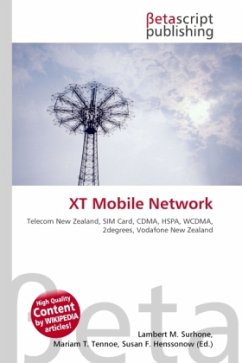Baseband processing techniques for Code Division
Multiple Access (CDMA) systems generally fall into
two broad categories: error coding and signal
spreading. This thesis addresses these issues for
the Wideband CDMA (WCDMA) baseband receiver. The
Third Generation Partnership Protocol (3GPP)
standards will be used in specifying the system
model. 3GPP systems support two forms of error
coding, i.e., convolutional coding and Turbo coding.
A Viterbi decoder is developed for convolutional
codes to optimize the likelihood of the estimated
information sequence. For Turbo coding, a Turbo
decoder, which attempts to maximize the log-
likelihood ratio of each information bit, is
introduced. The 3GPP standards also specify long and
short codes for signal spreading. For long codes,
linear estimation techniques are designed based on
specific cost and constraint functions. For short
codes, adaptive estimation techniques, which
minimize the mean-square error (MSE) cost, are
presented.
Multiple Access (CDMA) systems generally fall into
two broad categories: error coding and signal
spreading. This thesis addresses these issues for
the Wideband CDMA (WCDMA) baseband receiver. The
Third Generation Partnership Protocol (3GPP)
standards will be used in specifying the system
model. 3GPP systems support two forms of error
coding, i.e., convolutional coding and Turbo coding.
A Viterbi decoder is developed for convolutional
codes to optimize the likelihood of the estimated
information sequence. For Turbo coding, a Turbo
decoder, which attempts to maximize the log-
likelihood ratio of each information bit, is
introduced. The 3GPP standards also specify long and
short codes for signal spreading. For long codes,
linear estimation techniques are designed based on
specific cost and constraint functions. For short
codes, adaptive estimation techniques, which
minimize the mean-square error (MSE) cost, are
presented.


